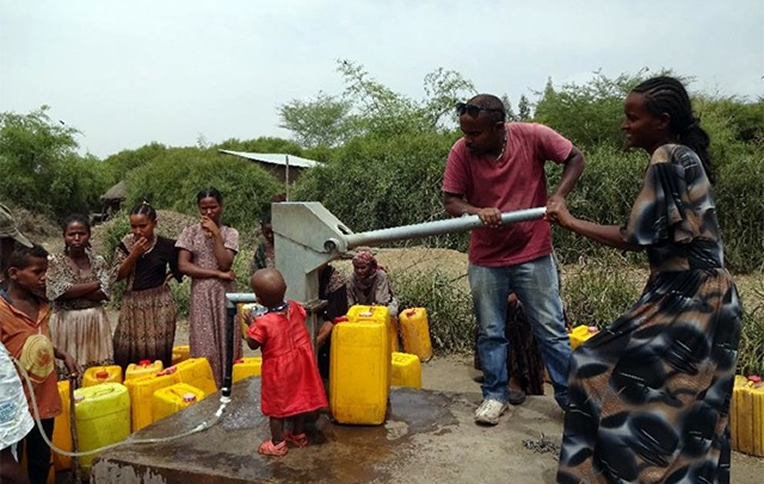If you live in a rural area in Guinea or anywhere across West Africa, you’ve likely faced challenges with unreliable water supply. For many families, farmers, and communities, the choice boils down to two main options: borehole water or municipal (government-supplied) water.
So, which one is better for rural communities in 2025? Let’s compare the two on critical factors like cost, reliability, water quality, and long-term benefits.
🚰 1. Water Reliability
✅ Borehole Water:
- Offers constant and independent access to water.
- Not affected by municipal breakdowns or political issues.
- Can supply water 24/7 with proper setup (pump + tank).
❌ Municipal Water:
- Often inconsistent in rural areas.
- May be unavailable for days or weeks due to infrastructure problems.
- Water rationing and delays are common in many rural regions.
👉 Winner: Borehole Water
✔ Best for daily needs, farming, and business use without interruption.
💧 2. Water Quality
✅ Borehole Water:
- Generally clean and mineral-rich if drilled properly.
- Can be filtered or treated for safe drinking.
- Lower risk of contamination if properly maintained.
❌ Municipal Water:
- May contain chemicals like chlorine or contaminants due to poor pipelines.
- Water quality can vary depending on the age and maintenance of the distribution system.
👉 Winner: Borehole Water
✔ Offers better control over purity and quality.
💸 3. Cost Efficiency (Long-Term)
✅ Borehole Water:
- Higher initial cost (drilling, pump, installation).
- Very low monthly cost after setup.
- Ideal for families, farms, and communities needing large quantities of water.
❌ Municipal Water:
- Low initial cost but regular monthly bills.
- Higher costs over time if water is metered or limited.
👉 Winner: Borehole Water
✔ It pays for itself over the years, especially in water-scarce regions.
🛠 4. Maintenance & Ownership
✅ Borehole Water:
- You own the system.
- Requires occasional maintenance (pump service, cleaning).
- No dependency on external bodies.
❌ Municipal Water:
- Government-controlled.
- Delays in repairs and limited accountability.
👉 Winner: Borehole Water
✔ More independence and long-term value.
🌍 5. Sustainability for Rural Development
✅ Borehole Water:
- Empowers communities to become self-reliant.
- Supports agriculture, sanitation, and clean drinking water.
- Can be powered by solar energy, making it eco-friendly.
❌ Municipal Water:
- Heavily reliant on central systems and grid power.
- Often overstretched in rural zones.
👉 Winner: Borehole Water
✔ A sustainable water solution for rural development and growth.

